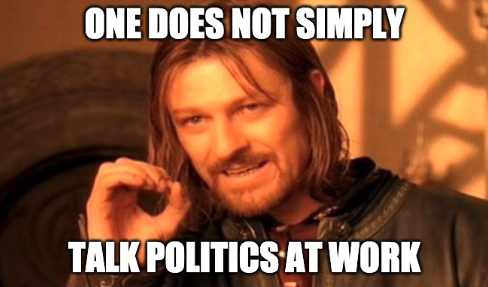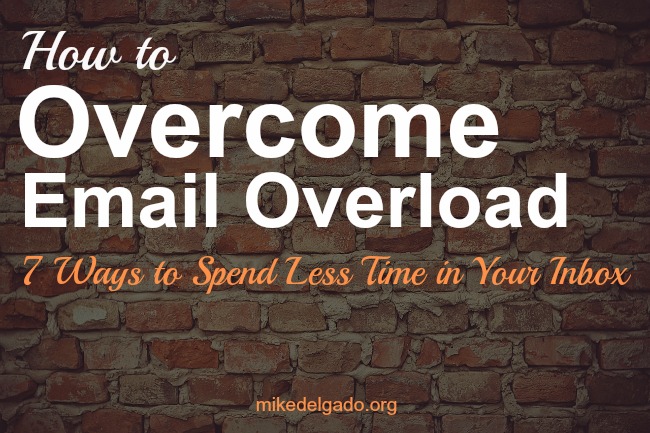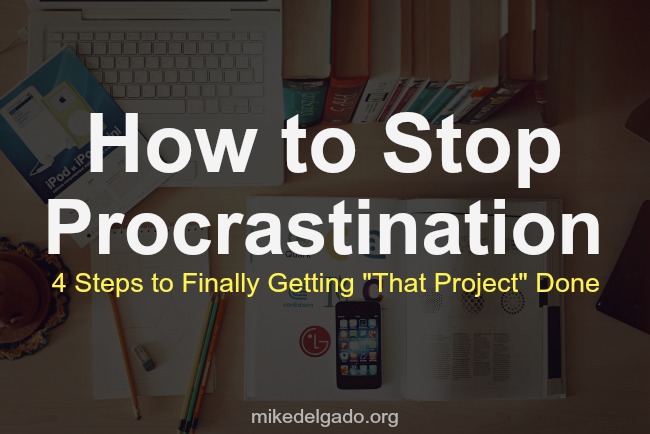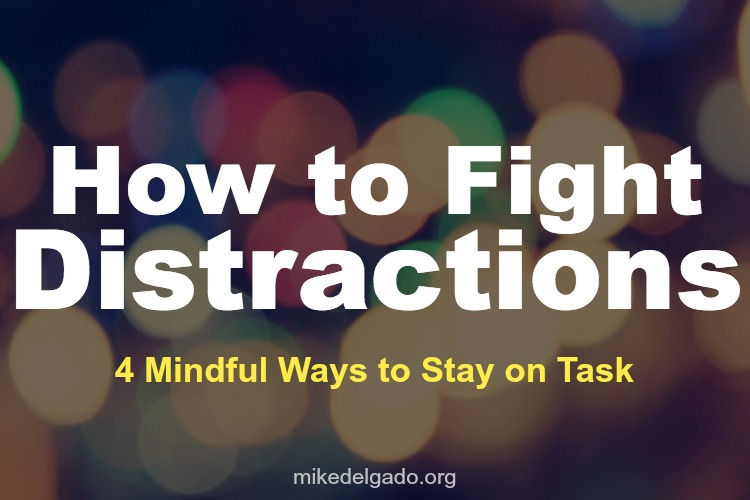Productivity
Articles on ways that I stay productive …
Articles on ways that I stay productive …
Если доступ к казино ограничен, используйте Вавада-зеркало. Оно предоставляет полноценный доступ к играм, турнирам и бонусам Vavada без перебоев.
.Looking for an honest site to play? You've come to the right place! We offer the original Lucky Jet game with a guarantee of fair results.
. It was an emotional weekend for most of us.
It was an emotional weekend for most of us.
Some of us are celebrating and excited about our new administration. Others may be disappointed or upset about the change in political direction.
I have family and friends on different sides of the political spectrum — and some refused to vote for any major party candidates.
No matter your political viewpoint, I hope all of us can use this time as a moment of reflection. A time to think about the past — and what we can all do to improve our communities in the future.
Reflection and taking time to pause is important for all of us.
Think about ways you can take some time out today to just pause and think about how you’re feeling.
My therapist always wants me to journal, but I prefer going on long walks to think through different issues. Figure out the best way for you to pause and process how you’re feeling.
I also hope we can all work on cultivating more empathy for each other and spend time seeking to understand those who don’t feel our happiness or disappointment.
The art is knowing how to listen and becoming more curious — not combative. It means entering into these political conversations with humility and love. It also means seeking to find some common points of agreement.
Here are some empathic questions to help you:
One caveat here is that empathy doesn’t mean you should tolerate hate or toxic conversations. Sadly, we’ve seen a lot of hate speech on social media lately, especially anti-Asian racism and hate toward our LGBTQ+ and Black communities. It’s traumatizing — and that’s never okay online or at work.
If you ever encounter hate or toxic behavior at work, you should address it with your manager and/or H.R. leader as soon as possible.
As we move toward empathy (and look for places of agreement), I hope everyone can recognize and celebrate the historic moment of having our first female vice president and woman of color in that role. It’s an exciting period in American history and an encouragement to all the little girls and women who never saw themselves in a presidential position like that.
May empathy and humility be our guide.

It’s crucial to create deadlines for yourself to help you achieve your goals.
Whether you want to complete a project at work – or achieve a personal goal – it’s important to set realistic deadlines for yourself.
I started this blog to force myself to publish content every week. If I don’t set deadlines, then I’ll just let articles sit forever because I’m never fully satisfied. There is always a way to tighten it up a paragraph. There’s always a way to tweak a word and make a sentence sound better.
If I don’t set deadlines, then I’ll just keep tweaking my work and never accomplish anything.
Here are some reasons why deadlines are important:
Deadlines force you to think about what it will take to accomplish your goal.
When creating a deadline for yourself, it forces you to think through the steps you need to achieve it. Each step will require a certain amount of time – and that will better inform how long it will take you to finish the project. Visualizing all the steps involved (and finishing it) can help motivate you to start tackling each small step.

Goal planning is not just for a new year – it’s something you can do anytime.
The trouble with goal setting is that sometimes we lose focus or momentum because we haven’t armed ourselves with everything we need to make them a reality.
Here are five ways to help you reach your goals . . .
1. Make sure your goal is realistic (and recalibrate when necessary)
It’s important to set goals that will stretch and challenge you – but your goals should also be achievable. If you set a goal for yourself that is not realistic, you should adjust your deadline so that you will achieve it. Audit your progress regularly so you can see if you’re on track – and re-set the deadline date if you fall too far behind.

One of my goals this year is to spend much less time on email – which has been a productivity killer for me.
I began researching different strategies to cut down my time in my inbox and want to share some strategies that I’ve learned lately.
First, some fascinating facts about how email kills our productivity:
According to a July 2012 McKinsey Global Institute report on “the social economy,” the average knowledge worker now spends 28% of her work time managing email. If you work 50 hours per week, that’s 14 hours stuck in the inbox. – CNN
A study on a group of workers at Microsoft took, on average, 15 minutes to return to serious mental tasks, like writing reports or computer code, after responding to incoming email or instant messages. They strayed off to reply to other messages or browse the web. – New York Times
In 2005, a psychiatrist at King’s College London did a study in which one group was asked to take an IQ test while doing nothing, and a second group to take an IQ test while distracted by e-mails and ringing telephones. The uninterrupted group did better by an average of ten points, which wasn’t much of a surprise. What was a surprise is that the e-mailers also did worse, by an average of six points, than a group in a similar study that had been tested while stoned. That’s right. Stoned. Those people were literally burned out, and they did better. – New York Magazine
If you’re the type to meticulously file your emails in various folders in your client, stop, says a new study from IBM Research. By analyzing 345 users’ 85,000 episodes of digging through old emails in search of the one they needed, researchers discovered that those who did no email organizing at all found them faster than those who filed them in folders. – MIT Technology Review
Here are 7 ways that I’m reducing time in my email:

Do you ever have trouble getting focused?
Do you want to know some ways to block out distractions to help you accomplish a specific task?
Here are seven ways to get into the zone:
1. Create a hard deadline for yourself (with a time)
One way to get focused on a task is to assign a deadline on when it needs to get done. It needs to be a deadline that is realistic – but also one that will challenge you to stay focused. Set-up time slots in your calender to achieve certain portions of your project.

We all have items on our list that we don’t want to do.
And some projects end up staying on our “to do” list for weeks or even months.
Here are four ways to help you get that research paper or project done in a timely fashion:

It’s easy to get distracted – especially when you’re juggling a lot of projects.
The secret to staying productive is recognizing the moments of distraction and immediately getting back on task.
There’s always an email to read, a text message to send, a Facebook stream to read, etc.
You see, there are distractions all around us – and there are plenty of excuses on why we’re not finishing up a project that has been sitting on our “to do” list.
So how do we fight distractions and stay on task?
Here are four ways …